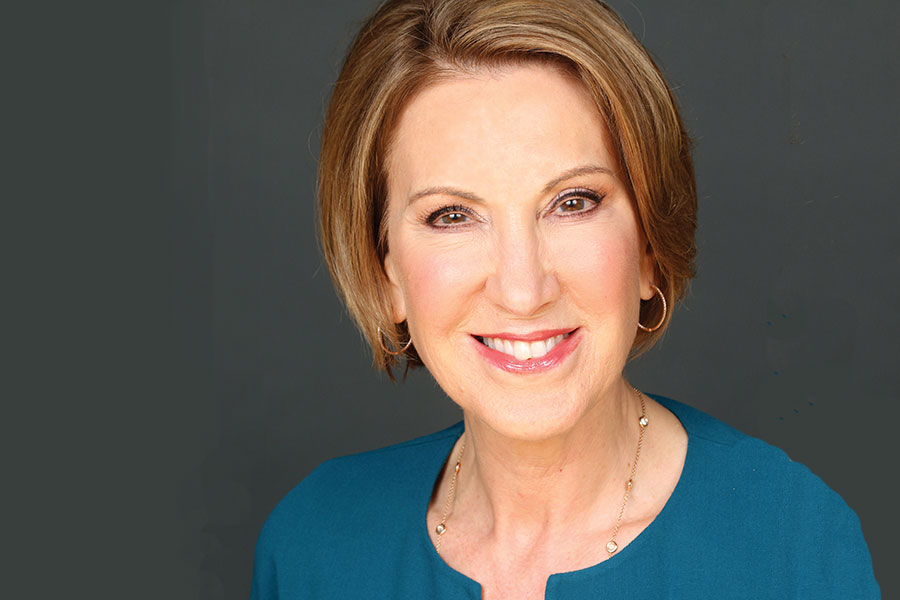Human potential is the only limitless resource in the world. Not time. Not money. Not skill. Not fame, beauty, or charm. I don’t care if you’re jaw-droppingly gorgeous, at the top of your vocational game, or have more money than you know what to do with, at some point, those wells may run dry.
Wrinkles will show up, and your vitality will begin to wane. The needs of the marketplace may shift. The stock market might plummet, leaving you with an empty or depleted portfolio. But that is never the case with human potential. Who you might become is forever before you, beckoning you onward. What you might accomplish keeps whispering your name. However much of your potential you unleash, there is always more, just waiting to be tapped into.
We have all heard stories about children whose potential was recognized early – as a dancer, a chess master, a debater, or a lawyer – and who grew up surrounded by people who helped them realize their potential and live a full and fulfilling life. But for most of us, life isn’t like that. If you’re like most of the women and men I have worked with, this process of realizing your fullest potential will feel like something inside of you is being unlocked.
We’ve all had the experience of feeling “locked up.” Perhaps nothing has improved my prayer life quite like running for president. Let me tell you, all those cross-country flights on mini-me airplanes that require you to duck your head as you make your way to your seat, lest you crack your skull on the ceiling, force a deep faith. When we would hit turbulence, I would reflexively flatten my palm against the window, as if I could single-handedly keep the plane aloft. Just get this thing on the ground safely, I would silently will the pilot, who was seated only six feet away. Locked up is precisely how I felt.
Or what about when you’re stuck in bed sick while others are out having fun? I was due to fly to Chicago one time for a series of meetings that mattered greatly to me, and yet on the morning of my departure I awoke with a bad case of laryngitis. When I tried to greet my husband, I sounded about as smooth as a Texas bullfrog. Wanting to verbalize but having no voice? Yes, that’s a bit like being locked up.
And then there’s dieting. If you want to experience a certain locked-up sensation, give the Whole30 plan a try. No bread. No cheese. No ice cream. No fun. But to the diet’s creators’ credit, at least it’s only thirty days.
Indeed, what helps us move through these experiences of feeling locked up is the realization that it’s only a feeling; we’re not actually locked up. We know that eventually the plane will land, the sickness will abate, and we’ll eat bread and cheese once again. But what about being endlessly locked up? How would we cope with that?
Consider those who suffer a life-changing event – a stroke, a traumatic brain injury, a devastating car accident – that forever alters their mobility, their personality, their ability to function. When I went through treatment for breast cancer – the chemo, the hair loss, the ensuing surgeries and infections and pain – I wondered about things like permanence. Would I ever feel whole again? And then when Frank and I lost our younger daughter, Lori Ann, at age thirty-five, only eight months after that devastating diagnosis, it made my darkest days even darker.
You and I both recognize these two types of being locked up – the temporary and the permanent. And yet there is a third, and most tragic, form of paralysis that we often overlook – that is, the locked-up states we choose for ourselves.
Just off Fisherman’s Wharf in San Francisco Bay, between the Golden Gate Bridge and Treasure Island, sits Alcatraz Island, where, between 1934 and 1963, the most hardened criminals in the country were sent. Yet, even within the walls of this notoriously tough prison, there was a place where even the roughest, toughest prisoners admitted defeat: D Block.
D Block was where the solitary-confinement cell was located, a soul crushing “time out” for prisoners who misbehaved.
Known as “the hole,” solitary confinement was a soundproof, six-foot-by-eight-foot space outfitted with only a bed frame, a toilet, and a small sink. Prisoners who were viewed as an imminent threat to others, or who violated prison rules, were placed in solitary confinement for up to nineteen days, during which they had no human contact and no exposure to light, except for during the three-times-daily check-ins by a guard. During those meal breaks, the heavy outer door would open, allowing a shaft of light to stream through the room’s inner metal bars, and a tray of food, all lumped together, would be slid through a special opening. After about twenty minutes, the tray was returned, and the doors were closed, casting the cell back into pitch darkness.
Still today, if you visit Alcatraz, you can experience one of these isolation chambers for a few minutes. After being ushered into the cell, you are given a quick overview, and then the heavy door is slammed shut. There is nothing quite like the sensation of being in a space so dark and desolate that you can neither hear the outside world nor see your hand directly in front of your face. Whatever good you might bring to the world around you fades to black as you stand there hopeless, helpless, and afraid.
Now, imagine choosing this fate not as an hour-long tourist attraction, but as a way of life. Real life. Your one and only wild and precious life.
Whether we’re talking about an introvert in a sea of Type A personalities, a thoroughbred trying to survive in a donkey-paced work environment, an imaginative dreamer tucked inside an accountant, a willing friend who finds herself friendless, a contributor who questions her ability to contribute, a would-be success story needing assurance that she won’t fail, nobody in their right mind stays locked up voluntarily. And yet this is exactly what I see countless people do each day, in every imaginable vocation, location, and walk of life, when they forfeit the freedom that can be theirs. To keep your potential locked up is to look at the offer of all-encompassing liberation and say, “Thanks, but I think I’ll pass.”
May this never be said of you – or me. May we instead be the kind of people who welcome our better, stronger, sturdier selves with arms opened wide – no excuses, no apologies, no regrets.
This is an adaption from Carly Fiorina’s new book “Find Your Way: Unleash Your Power And Highest Potential,” releasing in April 2019 from Tyndale House Publishers. Find it on Amazon




































